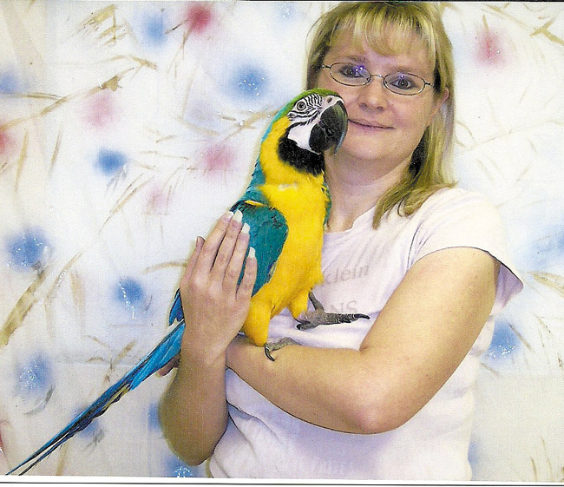Rowing For Feathered Friends
Have you ever been so passionate about a cause that you were willing to lay everythingon the line? And I mean everything: your time, your finances, your reputation, perhaps even your life?
Mary Rose of Arizona possesses that kind of passion. It is intense and it is focused; some may even consider it extreme.
Rose’s cause is bird conservation.
“I’m willing to put my heart and soul into what I stand for, and I won’t sit around and watch species become extinct,” says Rose. “If there’s a message to Hawaii, it’s to take notice with what’s going on with your bird species, try and protect them, and be aware of what’s going on.”
So how far would she go to make a statement? Is rowing 2,400 miles from California to Hawaii across the Pacific Ocean far enough?
The Great Pacific Race is billed as “the biggest, baddest human endurance challenge on the planet.” Rowing solo, Rose was one of 13 teams that left Monterey, Calif., last month in specially designed, high-tech boats, headed to Waikiki. The boats are powered entirely by arm strength. No sails and no engines, just oars. Teams are expected to be on the ocean between 30 and 90 days. Anyone receiving outside assistance is immediately disqualified.
The teams are made up of solo, two-man and four-man teams. Rose was one of only four solo rowers up for the grueling challenge. She spent about $80,000 of her own money to prepare for the journey to Hawaii. Members from Hawaii’s Aloha Hawaiian Parrot Association watched her every move.
“My friends thought I was crazy, but what was driving me was my desire to get bird conservation in front of the general public,” says Rose. “It is insane, but it can be done with the right training.”
And train she did, for more than two-and-a-half years. Unlike some of the race participants, 43-year-old Rose was not an experienced rower.
But she is passionate about her cause and recently found fuel for her fire when she visited the Keauhou and Maui Bird Conservation centers. Last September’s trip was a joint project with San Diego Zoo. Her goal was to learn more about Hawaii’s endangered birds.
“The Hawaiian crow is extinct in the wild and can only be seen in captivity,” says Rose. “To see these birds, one of the most endangered animals on this planet, was an amazing experience.”
The grueling race quickly took its toll on the participants. On June 21 and June 22, two teams were rescued after their boats started taking on water. Rose, meanwhile, was having problems getting into the open ocean. Despite muscling it for four days, powerful winds kept pushing her south, and with an anticipated storm, race organizers asked her to return to shore. At the time, she had rowed about 40 nautical miles.
“Unfortunately, the weather wasn’t on my side,” she says with much frustration. “When you’re asked to come back in because of storms, the only logical choice is to comply, as heartbreaking as it was.”
Several days later, Rose reluctantly pulled out of the race.
“To go out there and be called back and then have the race organizer say they could not provide support for us at sea if we left so far after the (original) race start of June 9 was very frustrating,” says Rose. “For me, it was not about rowing the Pacific, it was about raising the awareness of bird conservation!”
And while several teams continue to power their way to Hawaii, Rose’s quest to share her message with the rest of the world is still alive. Instead of rowing across the Pacific Ocean, she is now on a month-long bird conversation row from Monterey Bay to San Diego.
“I can’t go to Hawaii but I can row down the California coast and continue doing what I wanted to do,” says Rose. “Hawaiian birds are some the most endangered birds on this planet, but people don’t know it. My goal is to make people aware!”
Message received.
For more information on the Great Pacific Race go to greatpacificrace.com.
rkmizutani@gmail.com






